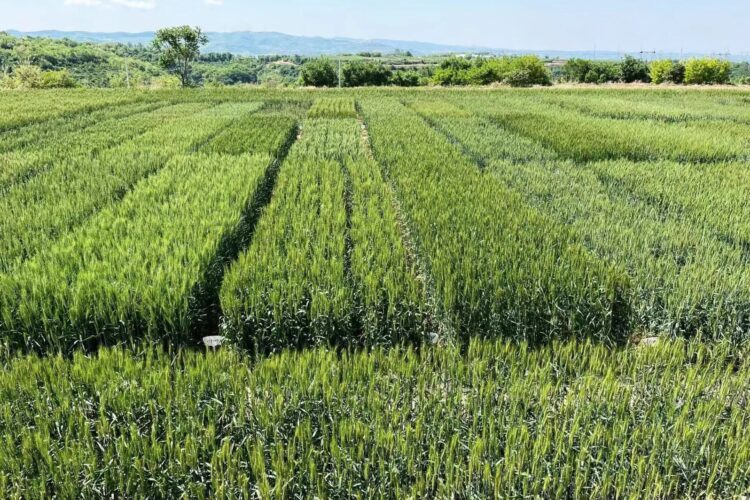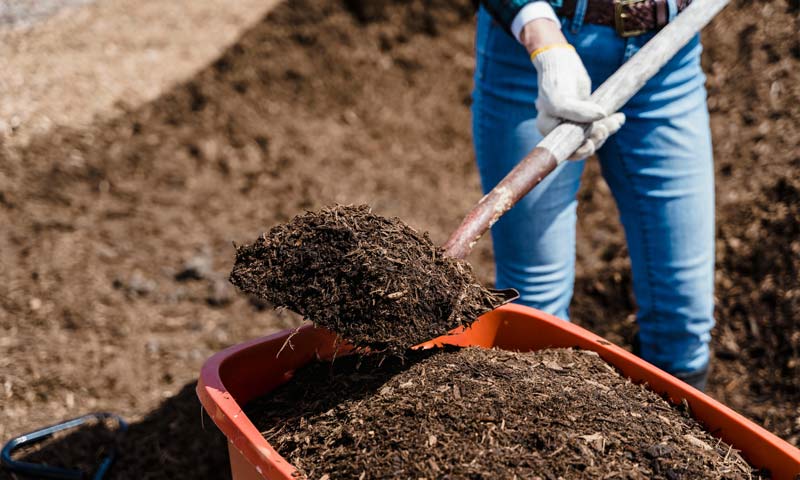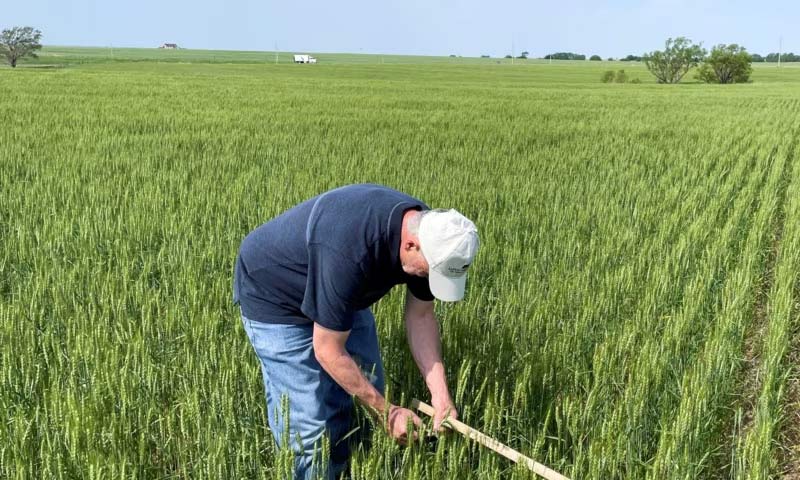Explanation of Beneficial Microorganisms
Microorganisms play a crucial role in organic fertilizers, acting as the unsung heroes of soil health. These include bacteria, fungi, actinomycetes, and algae, which work together to break down organic matter and release essential nutrients into the soil. Beneficial microorganisms help transform complex organic compounds into simpler forms that plants can easily absorb.
How Microorganisms Enhance Soil Fertility
1. Nutrient Cycling
- Decomposition: Microorganisms decompose organic material, releasing nutrients like nitrogen, phosphorus, and potassium.
- Mineralization: They convert organic nitrogen into inorganic forms, such as ammonium and nitrate, which are readily available to plants.
2. Soil Structure Improvement
- Aggregation: Fungi produce glomalin, a sticky substance that helps bind soil particles together, improving soil structure and aeration.
- Organic Matter Breakdown: Bacteria and fungi decompose organic matter, increasing soil organic content and enhancing water retention.
3. Disease Suppression
- Competitive Exclusion: Beneficial microbes compete with harmful pathogens for resources, reducing the incidence of diseases.
- Antibiotic Production: Certain microorganisms produce compounds that inhibit or destroy harmful pathogens.
FAQs on Maintaining Microbial Activity
1. How can I encourage microbial activity in my soil?
To promote microbial activity, maintain organic matter levels by adding compost, avoid excessive tillage, and ensure proper soil moisture. Mulching and cover cropping can also support microorganism populations.
2. What factors can negatively impact soil microorganisms?
Chemical fertilizers, pesticides, and excessive soil disturbance can harm beneficial microorganisms. High salinity and improper pH levels can also reduce microbial activity.
3. Can I introduce beneficial microorganisms to my soil?
Yes, products containing beneficial microbes, such as mycorrhizal fungi or bacterial inoculants, can be introduced to enhance microbial diversity and activity.
By understanding and nurturing the role of microorganisms, organic farmers can significantly enhance soil fertility, leading to healthier crops and more sustainable farming practices. Microorganisms are vital to the success of organic agriculture, making their management a key component of soil care.






